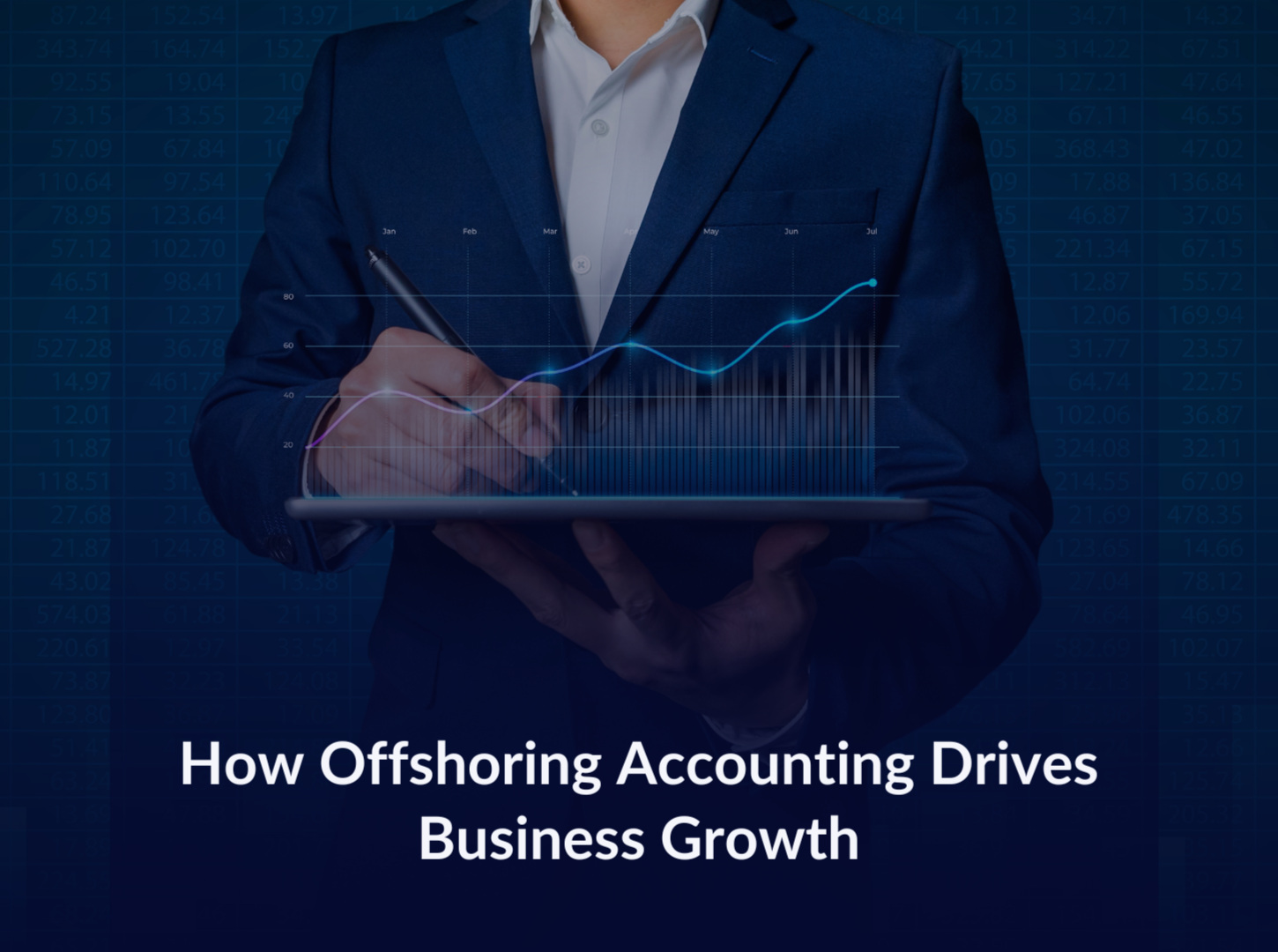In today’s digital landscape, data security is paramount, especially in accounting offshoring. The reliance on third-party providers necessitates robust measures to protect sensitive financial information. Traditional security methods are inadequate against modern cyber threats, highlighting the need for innovative strategies.
From zero-trust architecture to continuous monitoring, businesses must adopt cutting-edge approaches to mitigate risks effectively. In this blog, we explore crucial solutions aimed at safeguarding financial data, ensuring integrity and confidentiality.
By embracing these strategies, businesses can fortify their defenses and build trust with offshoring partners, ultimately protecting their financial interests in an ever-evolving threat environment!
I. Zero-Trust Architecture: Redefining Trust
In today’s digital landscape, trusting blindly can leave your financial data vulnerable. That’s where zero-trust architecture comes in. It’s a modern approach that redefines trust by minimizing reliance on it within networks.
With zero-trust architecture, you no longer assume safety based on location or origin. Instead, every user and device undergo constant verification. This means regardless of where they’re accessing your data from, they need to prove they’re authorized.
The beauty of this approach lies in its ability to significantly reduce unauthorized access to your financial data. By requiring verification at every step, zero-trust architecture creates a robust defense against potential breaches. So, you can breathe easier knowing your data is safer, no matter where it travels.
II. Multi-Factor Authentication (MFA) with Biometrics: Strengthening Access Control
Passwords alone aren’t cutting it anymore. That’s why multi-factor authentication (MFA) is becoming the new standard for securing access to sensitive data.
MFA goes beyond passwords by requiring multiple forms of verification. These typically include something you know (like a password), something you have (like a security token), and something you are (like your fingerprint or facial features).
By incorporating biometrics such as fingerprint or facial recognition, MFA adds an extra layer of security that’s tough to crack. This means even if someone gets hold of your password, they’ll still need your unique biological features to gain access.
And it’s not just important for you. MFA is crucial for both your internal team and your offshoring firm. It ensures that only authorized individuals can access your financial data, whether they’re in-house or working remotely.
With MFA and biometrics, you can fortify your access control measures, keeping your sensitive financial information safer than ever before.
III. Continuous Security Monitoring and Threat Detection: Proactive Defense for Data Security
In the world of data security, being reactive isn’t enough anymore. That’s why continuous security monitoring and threat detection have become essential components of a proactive defense strategy.
Instead of relying solely on static security measures, continuous monitoring involves keeping a constant eye on your systems in real-time. This means actively watching for any suspicious activity or potential threats as they happen.
To achieve this, advanced data security solutions are employed. These tools use sophisticated algorithms to analyze network traffic, user behavior, and system logs. By doing so, they can swiftly detect any anomalies or signs of a security breach.
The benefits of this proactive approach are clear. By identifying threats in real-time, you have the opportunity to act swiftly to mitigate them before they escalate. This can significantly reduce the potential damage and disruption caused by security incidents.
In a landscape where cyber threats are constantly evolving, continuous security monitoring and threat detection provide an invaluable layer of defense, giving you the upper hand in safeguarding your sensitive financial data.
IV. Data Residency and Regulatory Compliance: Navigating Global Regulations
When it comes to accounting offshoring, where your data resides matters more than you might think. Understanding data residency is crucial for navigating the complex landscape of global data privacy laws.
Data residency refers to the physical or geographical location where your data is stored. This becomes significant because different countries have varying regulations regarding data privacy and protection.
Two prominent examples of these regulations are the General Data Protection Regulation (GDPR) in Europe and the California Consumer Privacy Act (CCPA) in the United States. These laws impose strict requirements on how personal data is collected, processed, and stored, aiming to protect the privacy rights of individuals.
To ensure compliance with these regulations, it’s essential to store your financial data within specific geographic regions that align with the relevant laws. For example, if you’re handling data of European citizens, storing it within the European Economic Area (EEA) ensures compliance with GDPR.
By understanding the significance of data residency and staying abreast of global data privacy laws like GDPR and CCPA, you can navigate regulatory compliance more effectively. This not only helps in avoiding hefty fines and penalties but also fosters trust and confidence among your clients and stakeholders regarding the data security and privacy of their financial information.
V. Penetration Testing and Vulnerability Assessments: Preparing for Cyber Threats
In the ever-evolving landscape of cybersecurity, being proactive is key to staying ahead of potential threats. Penetration testing and vulnerability assessments are essential tools in this arsenal.
Penetration testing involves simulating cyberattacks to identify weaknesses in your systems. By mimicking the tactics of malicious actors, ethical hackers attempt to exploit vulnerabilities in your network, applications, or infrastructure. This process helps uncover potential entry points that attackers could exploit to gain unauthorized access to your financial data.
Vulnerability assessments, on the other hand, involve systematically identifying, quantifying, and prioritizing vulnerabilities in your systems. This includes software flaws, misconfigurations, and other weaknesses that could be exploited by attackers. By conducting these assessments regularly, you can stay informed about the security posture of your infrastructure and take proactive steps to remediate vulnerabilities before they can be exploited.
Partnering with offshoring firms that conduct regular penetration testing and vulnerability assessments is crucial for maintaining a robust security posture. These firms have the expertise and resources to identify and address security weaknesses effectively. By proactively testing and addressing vulnerabilities, you can significantly reduce the risk of a successful cyberattack and safeguard your sensitive financial data.
Conclusion
In conclusion, as we’ve explored these innovative strategies for mitigating risks in accounting offshoring, it’s crucial to partner with a trusted provider who prioritizes data security and reliability.
At Stratshore, we specialize in automating and streamlining finance and accounting processes, ensuring efficiency without compromising security. Our commitment to robust data security measures ensures that sensitive financial data is safeguarded against potential threats.
With cutting-edge technologies and best practices, we prioritize maintaining trust with our clients, allowing you to focus on your core operations with peace of mind. Ready to streamline your F&A processes with confidence? Connect with us today to learn more.




